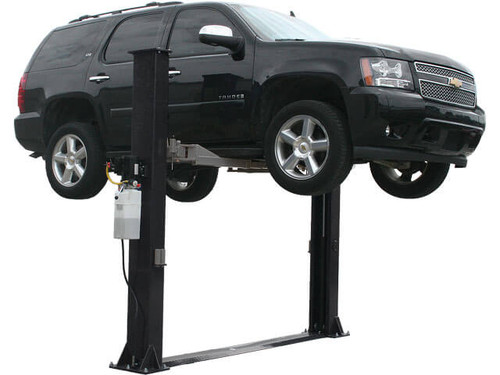Realtor.com quoted me in ‘Shadow Banks’ Are on the Rise for Home Loans: Should We Be Afraid? It opens,
Where do home buyers go for a mortgage? To a bank, of course—or at least that’s what many might think. Yet a new force has taken over home financing, called “shadow banks.” So what are these non-banks exactly, and should we run for the hills?
In a nutshell, these are the less conventional places that don’t provide savings accounts, only loans to buy homes. They include companies like Quicken Loans, which is one of the nation’s largest mortgage providers, Caliber, and loanDepot.com.
But they can also be companies run by wealthy individuals using their personal fortunes to finance loans and then pocketing monthly interest payments, according to the Wall Street Journal. Or they could be funded by private equity, which is financed by pooled investor cash.
And, as a group, they’re no longer operating on the fringes of the housing industry. Instead, shadow banks “have overtaken U.S. commercial banks, to grab a record slice” of the market,” according to a recent housing report by ATTOM Data Solutions.
This group of nontraditional lenders now accounts for 48.3% of mortgages in 2016—compared to just 23.4% in 2008, according to the ATTOM report.
“The big banks got burned by the financial crisis, so they’ve become much more hesitant to make loans that are even close to being risky,” says Daren Blomquist, senior vice president at ATTOM.
These mortgage makers are very appealing to buyers without a 20%—or even 10%—down payment and therefore have trouble getting a loan from a regular old bank, says Blomquist. This might make sense for first-time buyers, or folks who have gone through a foreclosure.
But are they right for everyone? And, more to the point: Are they harbingers of the risky loaning behavior that help bring on the U.S. housing collapse?
Could shadow banks lead to another housing crisis?
As a group, these lenders are not subject to the same level of governmental scrutiny, regulations, and fees that drove many traditional financial institutions, like banks, out of the space after the housing bust. But they still come under a significant amount of federal oversight.
In short, regular banks retreated, so shadow banks moved in. What’s wrong with that?
As market media site Seeking Alpha has pointed out, shadow banks are “some of the same characters that played leading roles [in the last housing crisis].”
Not all experts believe we should be overly worried.
“While it’s true that so-called shadow banks played roles in the last housing crisis … the market itself is very different,” says David Reiss, a professor of Law at Brooklyn Law School and editor of REFinBlog.com.
For one, the Dodd-Frank Wall Street Reform and Consumer Protection Act, passed in 2010 in response to the housing meltdown of 2008, changed how all lenders—banks, shadow banks, and otherwise—make loans, to better ensure there isn’t another housing bust.
Another big difference: Lenders are now documenting the income of borrowers to make sure these new homeowners can afford to make their monthly payments.
“There’s no evidence out there that non-banks are lending in any sort of imprudent way and/or hurting consumers,” Guy Cecala, publisher and CEO of Inside Mortgage Finance, tells realtor.com®. “In fact, most non-banks are more competitive than banks when it comes to mortgage interest rates and fees.”
“But they don’t have the same level of capital [such as cash], assets, or liquidity as banks do,” he says.
What to consider before getting a shadow bank loan
Borrowers should just take care to tread carefully and examine the terms and conditions of the financing before signing on the dotted line, says Mark Greene, a longtime mortgage lender based in Hackensack, NJ.
He recommends looking for red flags like adjustable rate change terms, prepayment penalties, and other hidden fees.
Good ol’ common sense will come in handy too.
“If your loan is coming from a fishy-sounding company like Two Brothers Fly-by-Night Hard Money-Lenders, Inc., you may want to dig a bit deeper, to figure out what kind of lender it really is,” says law professor Reiss.
REFinBlog has been nominated for the second year in a row for The Expert Institute’s Best Legal Blog Competition in the Education Category. Please vote here if you like what you read.









